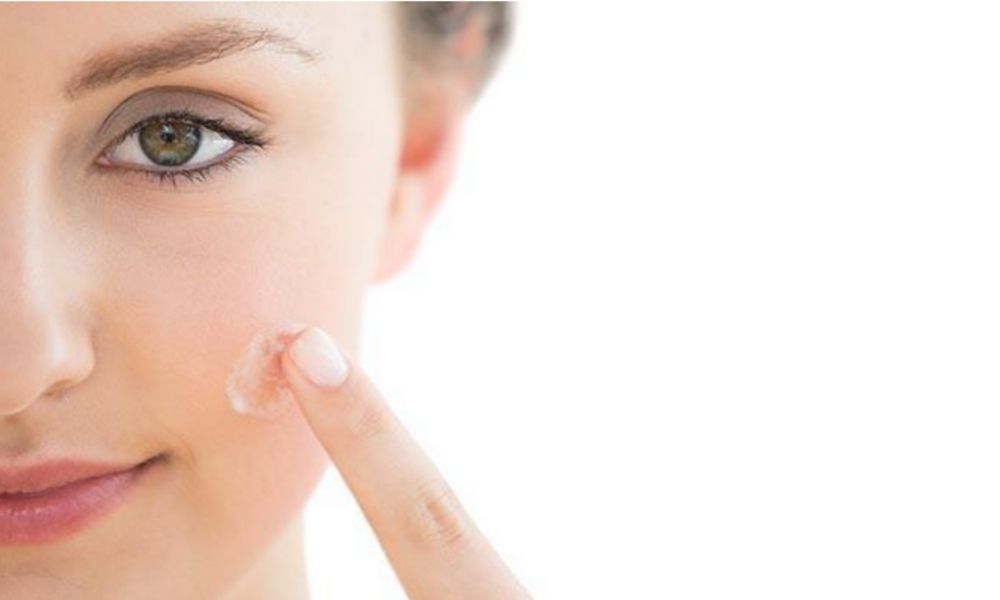
What Causes Acne?
Acne is the most common skin disorder and includes blackheads, whiteheads, cysts, nodules, and pimples. You may not have all types of lesions at one time. Acne is the product of dead skin cells and bacteria getting trapped in oil produced by the skin. Acne is not caused by what you eat or how often you wash your face, rather it is primarily a hormonal condition. Acne usually appears on the trunk and face. Acne is known to cause depression, anxiety, and self-esteem issue.
Treatments for Acne
Minor acne can be controlled with over-the-counter preparations that include benzoyl peroxide or salicylic acid. Both of these ingredients help unclog pores. Benzoyl peroxide has the added benefit of killing bacteria that live on the skin, thereby reducing the need for antibiotics and the risk of antibiotic resistance. Both topicals can cause redness and irritation, so it is best to start with the lowest strength available. More is not better as the skin can become irritated if these products are not used correctly. A few people have an intolerance to benzoyl peroxide which manifests as itching, burning, swelling, and overall redness. Recently, the FDA approved an OTC retinoid for acne. Adapalene (Differin) readily available at local pharmacies, helps speed cell turnover thereby keeping your pores from getting clogged, and helps to reduce redness and inflammation.
Acne that does not respond to OTC treatments needs further intervention. Stronger retinoids are available and are all Vitamin A derivatives. They have been used for many years and are the gold standard in acne treatment. They help to clean out your pores, increase cell turnover which minimizes new bumps from forming, and have anti-inflammatory properties. Topical retinoids are slow to work, 6-8 weeks to begin improvement with peak results within a year.
Hormonal acne in women can be safely treated with an oral medication called spironolactone. Spironolactone blocks a hormone (testosterone) which increases oil and sebum production. Topical retinoids are prescribed in tandem with this oral medication. Some women have experienced improvement with birth control.
Oral antibiotic use for greater than 1-2 months is generally shunned for treating acne. Long-term antibiotic use can lead to antibiotic-resistant bacteria. Acne that is needing oral antibiotics to control needs to consider isotretinoin, another Vitamin A derivative that is taken orally for 5-6 months. 85% of patients can see a permanent resolution of their acne. Isotretinoin must be prescribed by a dermatologist as patients need to be registered in an FDA program called, iPledge. Vitamin A in high doses causes birth defects, therefore, women of childbearing potential must use two forms of birth control and submit to monthly pregnancy tests. Despite some public opinion that isotretinoin causes depression and suicidal thoughts, multiple studies have not shown this not to be the case. Rather, the acne is the cause of these conditions. The majority of people feel better about themselves and their appearance once the acne starts to improve. Anyone with scarring acne needs to have a frank discussion about isotretinoin with their dermatologist.
Other treatments, such as laser procedures and chemical peels offer a temporary fix and need to be repeated.
No one needs to suffer or put up with their acne. Acne can begin at any age and can be problematic. Seeking treatment in the early stages helps to prevent scarring.





